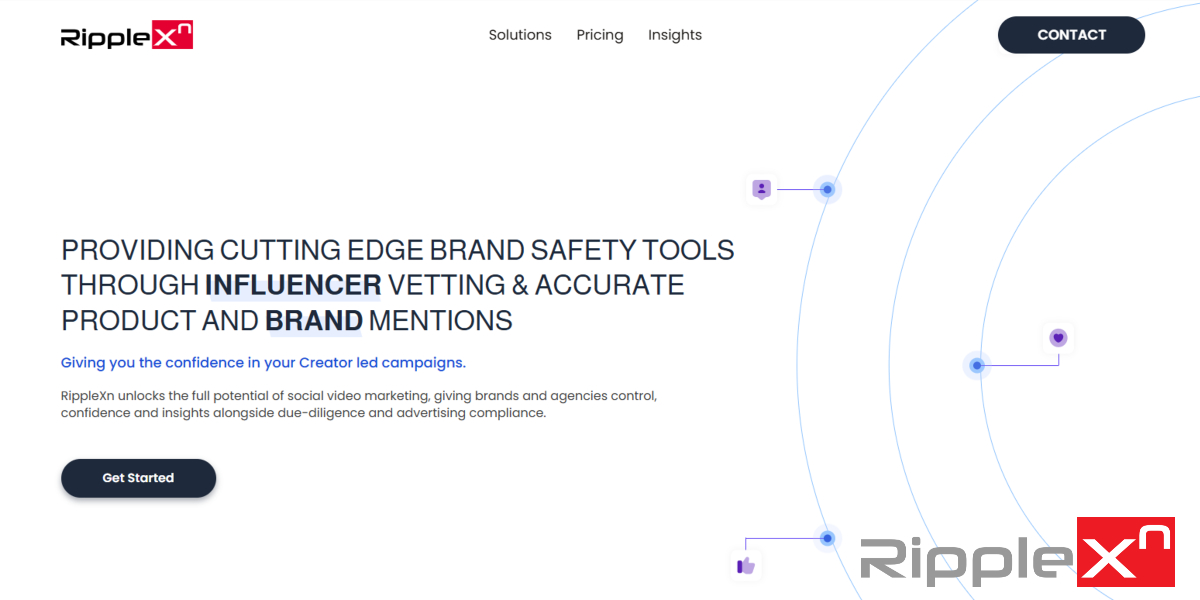In recent years, influencer marketing has become a popular and effective way to promote products and services. However, as with any advertising method, there are laws that marketers need to be aware of in order to remain compliant and avoid legal issues. In this blog post, we will explore the laws around influencer marketing advertising in different jurisdictions and regulatory bodies.
Jurisdiction and Regulators
Different countries have different laws when it comes to advertising, including influencer marketing. It's important for marketers to be aware of the laws in the countries where they are running influencer campaigns. Regulatory bodies, such as the Advertising Standards Authority (ASA) in the UK and the Federal Trade Commission (FTC) in the US, provide guidelines and regulations to ensure that influencer marketing is transparent and fair.
See a list of 186 countries and their regulators >>
UK
In the UK, the ASA is responsible for regulating advertising. The Committee of Advertising Practice (CAP) provides guidance on advertising standards and is responsible for ensuring that advertisers follow the rules. The Online Harms Bill and Online Advertising Programme are two new pieces of legislation that are relevant to influencer marketing. The Online Harms Bill aims to regulate online content to protect users from harm, while the Online Advertising Programme is a voluntary initiative to promote transparency in online advertising.
The Online Harms Bill is currently under review. It aims to introduce a range of powers to tackle online harms, including measures to protect children from harmful content and to address disinformation. It also seeks to establish a duty of care on online companies to take reasonable steps to keep their users safe.
The Online Advertising Programme is a voluntary initiative that aims to promote greater transparency in online advertising. It encourages companies to display an advertising icon to indicate that content is an advertisement, and to use clear and upfront language when indicating relationships between advertisers and influencers.
The USA
In the US, the FTC and the Department of Justice (DOJ) regulate advertising. The FTC requires influencers to disclose their relationships with brands to followers. The DOJ enforces antitrust laws to prevent monopolies and encourage competition. Consumer protections such as the Federal Trade Commission Act and the Federal Food, Drug, and Cosmetic Act also apply to influencer marketing.
The FTC has specific guidelines for influencer marketing that require influencers to clearly disclose their relationships with brands. These guidelines apply to all social media platforms, including Instagram, YouTube, and TikTok. The FTC also takes a dim view of fake reviews and endorsements, which can lead to legal action and fines.
Why Influencer Marketing should abide by the same laws as other advertising
Influencer marketing should be held to the same standards as other forms of advertising. This ensures that consumers are not misled or deceived. Advertisers should disclose their relationships with influencers to their audience, and influencers should disclose their partnerships with brands. This promotes transparency and helps consumers make informed decisions.
Conclusion
In conclusion, influencer marketing is subject to laws and regulations that must be followed. Staying up-to-date with regulations in different jurisdictions is essential for marketers running influencer campaigns. By ensuring transparency and disclosure, marketers can build trust with their audience and avoid legal issues. If you're interested in learning more about how RippleXn can help you with influencer marketing, contact us for a product tour. Our team of experts can help you navigate the complex world of influencer marketing and ensure that your campaigns are compliant and effective.






